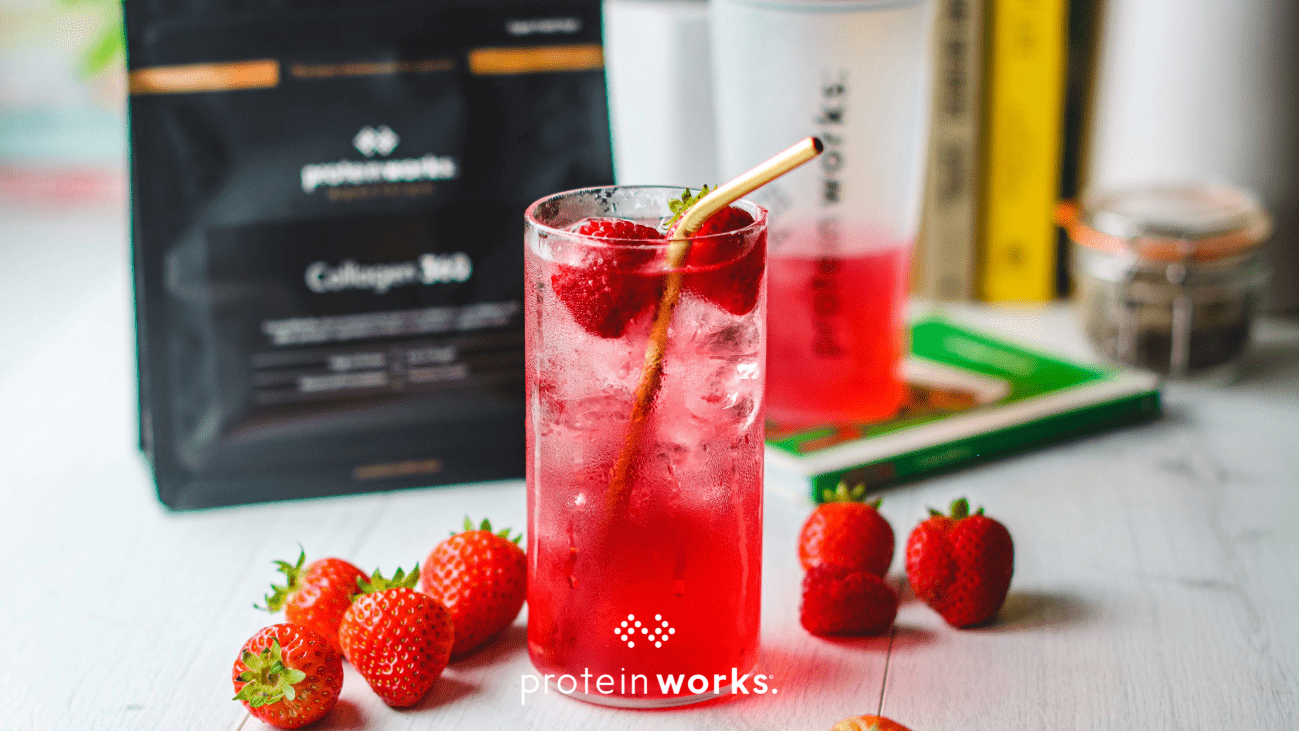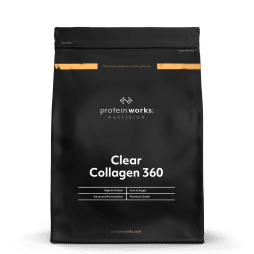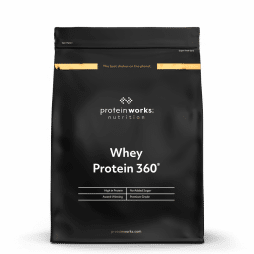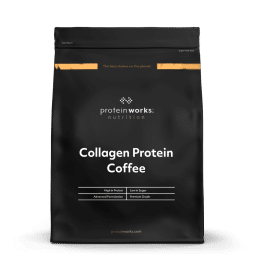
What Are The Benefits of Collagen? The Ultimate Guide to Collagen
Collagen is the body’s most abundant protein—it makes up 30% of a person’s protein. As such, it’s a crucial building block for skin, bones, tendons and connective tissue. But as we age, our body’s collagen production declines, leading to visible signs of ageing and joint discomfort.
As researchers learn more about collagen’s role in our body, more people turn to collagen supplements to support their long-term health. With that in mind, let’s explore the many benefits of collagen and collagen supplements to help you look and feel your best.
What does collagen do?
The primary role of collagen is to provide strength and structural support throughout the body. Collagen helps to:
- Form connective tissue cells (fibroblasts) in the dermis layer of your skin
- Strengthen and provide elasticity to your skin
- Replace dead skin cells
- Provide a protective layer for organs
- Help your blood clot
While collagen declines as we age, several other factors impede its production, including smoking, eating too much sugar, and excessive exposure to ultraviolet light.
What are the different types of collagen?
There are 28 types of collagen in the body, and all have their part to play in its upkeep. Here is a breakdown of the most common types of collagen.
Collagen Type I
The most abundant form of collagen, Collagen Type I forms long and densely packed fibres in your skin, tendons, bones, ligaments and fibrous cartilage. Type I is responsible for providing strength and structural integrity to tissues. It is crucial for wound healing and maintains bone and connective tissue structure. You’ll often find Collagen Type I in skincare and anti-ageing products.
Collagen Type II
Collagen Type II forms the thinner, looser fibres within your body and is primarily found in hyaline cartilage that cushions the body’s joints. This collagen type provides strength and elasticity to cartilage and acts as a shock absorber for bones. Collagen Type II is often found in joint health supplements and used to alleviate symptoms of osteoarthritis.
Collagen Type III
Collagen Type III forms reticular fibres, a network of soft tissues in the skin, blood vessels, lungs, and tissues involved in healing. It works closely with Collagen Type I to maintain skin and blood vessel structure. Collagen Type III is often combined with Collagen Type I in skincare supplements.
Collagen Type IV
Collagen Type IV forms a sheet-like structure found in skin cells, organ lining and blood vessels. It acts as a scaffold for cells and plays a key role in the filtration process in blood vessels and the kidneys. It also plays a significant role in tissue regeneration, and researchers are studying its function in wound healing.
Collagen Type V
This collagen type forms fibrillar networks of thread-like fibre structures often associated with Collagen Type I. Collagen Type V is found in the eye’s cornea, skin, hair and placenta. It plays a vital role in collagen fibril size regulation and is critical for forming connective tissues. You will often find Collagen Type V in skin and hair supplements. Researchers are also studying Collagen Type V’s potential role in reproductive health, particularly regarding pregnancy.
What does collagen powder do?
There are many types of collagen supplements, including collagen powder, gummies, capsules, and tablets. Collagen powder is one of the most popular collagen supplements on the market.
Many people use collagen powder just like protein powder and mix it into smoothies or stir it into their morning coffee. You might also see ‘hydrolysed collagen’ and ‘collagen peptides’ online. Although the types are essentially identical, manufacturers process them so your body can easily absorb them as peptide particles (short chains of amino acids).
What are the benefits of collagen supplements?
The body can break down, convert, and absorb collagen, which means it may offer a range of benefits when taken as a supplement.
Collagen might support post-workout DOMS
Delayed-onset muscle soreness (DOMS) occurs between 24 and 48 hours after high-intensity physical exercise and affects muscles within the body. One study found that taking 3g of collagen daily for six weeks led to less DOMS-related pain and better muscle recovery.
Collagen might improve joint flexibility
Research has shown that collagen might reduce pain and aid joint flexibility. A 2023 review found that athletes taking between 5 and 10g of collagen per day felt less pain and enjoyed better flexibility. Another study involving athletes with chronic ankle injuries found that just 5g of collagen per day over six months lowered the number of sprains and overall injury risk.
Collagen might help with running
Half of runners experience at least one injury per year that prevents them from running. One of the most common types of injury is “runner’s knee”, when the knee cap rubs against the thigh bone as it moves. One study found that a daily 5g dose of collagen taken across 12 weeks improved athlete activity-related knee pain.
Collagen might help prevent muscle and bone loss
Our collagen levels decrease as we age, leading to lower bone density and muscle loss. A 2012 trial found that collagen can help prevent age-related muscle loss and bone strengthening. A separate review found that participants taking a collagen product reduced the symptoms of osteoporosis and osteoarthritis, suggesting that collagen might help increase bone density.
Collagen may help skincare
Beauticians have long championed collagen for its role in skincare. The protein plays a key role in maintaining healthy skin, especially on the face, where it helps the skin appear firm, dewy, and supple, giving it a healthy glow. Dermal fillers, where injections fill out shallow lines and wrinkles in the skin, also use collagen.
What are the cons of taking collagen?
Collagen is widely considered safe and tolerated, with no major side effects. However, there are reports of minor side effects, including mild diarrhoea, feelings of heaviness within the stomach and rashes.
Always read the label before you buy. Some manufacturers combine collagen with herbal extracts that might not be safe for pregnant or nursing people. If you are unsure, speak to your doctor before taking collagen supplements.
What are natural sources of collagen?
One of the many questions people ask is, “What food contains collagen?” The good news is that there is a range of healthy wholefoods that offer collagen in abundance, including:
- Chicken
- Bone broth
- Egg whites
- Garlic
- Berries
- Leafy greens
- Citrus fruits
- Tomatoes
- Bell peppers
- Cashews
It’s worth noting that plant foods with high levels of vitamin C (such as leafy greens and citrus fruits) can also aid in collagen synthesis.
Explore collagen for yourself
Collagen supports the body’s health, and maintaining optimal levels is crucial as we age. Incorporating collagen into your routine can help promote healthy joints, skin and muscle strength. As a supplement, collagen is widely available online. Check out the collagen section of our site to ensure you get the best quality collagen supplements.







No Comments yet!